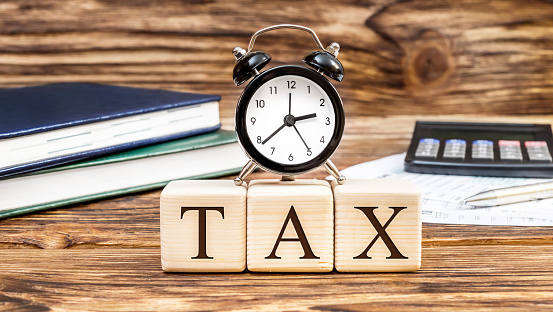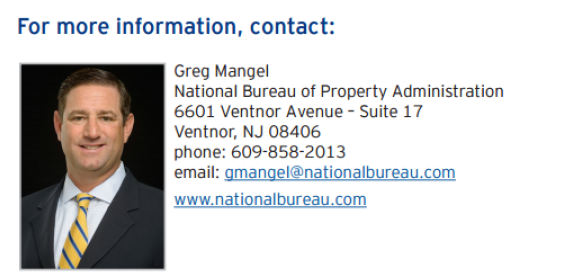
Is the new construction, renovation, repair, and maintenance of Real Property subject to NJ Sales & Use Tax? While we can generalize, there is no easy answer to this question as there are many variables that need to be considered to make a proper determination. Additionally, your contractor often isn’t much help as they simply just charge tax or solicit an exemption certificate from you to protect themselves with little thought as to the actual taxability of the services to be provided. That being said, let’s see if we can simplify things.
Dowload Printable Article (PDF) >>>
MATERIALS & SUPPLIES – NJ Sales & Use Tax
In NJ a contractor is deemed to be an individual or business entity engaged in the business of improving, altering, or repairing real property. By law, contractors are the consumers of materials & supplies they purchase in the course of performing their services and as such are required to pay NJ Sales or Use tax on these purchases unless the work is for an exempt organization, a qualified business in an Urban Enterprise Zone, and a qualified housing sponsor, or they hold a valid direct payment permit. Therefore, you should never pay NJ Sales or Use Tax on separately stated charges for materials & supplies billed by your contractor regardless of the type of work being performed. Your contractor is solely responsible for the payment of the tax on materials & supplies and it must be presumed that the tax is included in the separately stated charge.
CAPITAL IMPROVEMENT – NJ Sales & Use Tax
A NJ Contractor is performing a capital improvement when their installation of tangible personal property increases the capital value or useful life of the real property and the item(s) installed are permanently attached to the real property. The labor charge for a capital improvement is exempt from tax and should be supported by the issuance of an ST-8 Capital Improvement Certificate to your contractor. An analysis of the specific work to be performed needs to be done to see if the above criteria are met. To meet the criteria of an increase in capital value, a NJ auditor will often look to verify whether or not the project lead to an increased assessed value for local property tax purposes.
Further, in verifying the useful life of a project, a NJ auditor will review the accounting treatment of the project. If the project in question is not treated consistent with real property that has an increase in useful life for Internal Revenue Service purposes, it will likely not be considered to meet said criteria. Lastly, if the item(s) being installed are not permanently attached, the project will not be deemed a capital improvement exempt from tax. The permanently attached criteria is met when the item(s) are attached in such a way that its removal would result in substantial damage to the real property.
“TAXABLE” CAPITAL IMPROVEMENTS – NJ Sales & Use Tax
Despite what we note above regarding a capital improvement project, NJ law identifies three “taxable” capital improvements that regardless of the facts and circumstances are always taxable. They are landscaping services, the installation of hard-wired security, burglar, or fire alarm systems, and the installation of carpeting and other flooring. This is so even when these services are provided under a multi-trade construction contract for a new building or renovation. However, the incidence of the tax will vary. If you hire a contractor for a multi-trade construction contract and they directly perform a “taxable” capital improvement, you should be charged NJ Sales Tax and/or remit NJ Use Tax on these items. However, if your contractor hires a sub-contractor to perform a “taxable” capital improvement the incidence of tax is between your contractor and the sub-contractor.
REPAIRS & MAINTENANCE – NJ Sales & Use Tax
Labor charges for the maintaining, servicing, and repair of real property by a contractor are taxable. A repair is work that maintains the existing value of the real property or restores the property to working condition. They do not add value or prolong its life.
CONCLUSION
Generally, the new construction and renovation of real property is exempt from NJ Sales & Use Tax (other than “taxable” capital improvements) while the repairs & maintenance of real property are taxable. That being said, as noted above, great care should be exercised in determining a capital improvement versus repair & maintenance to ensure proper tax treatment.



